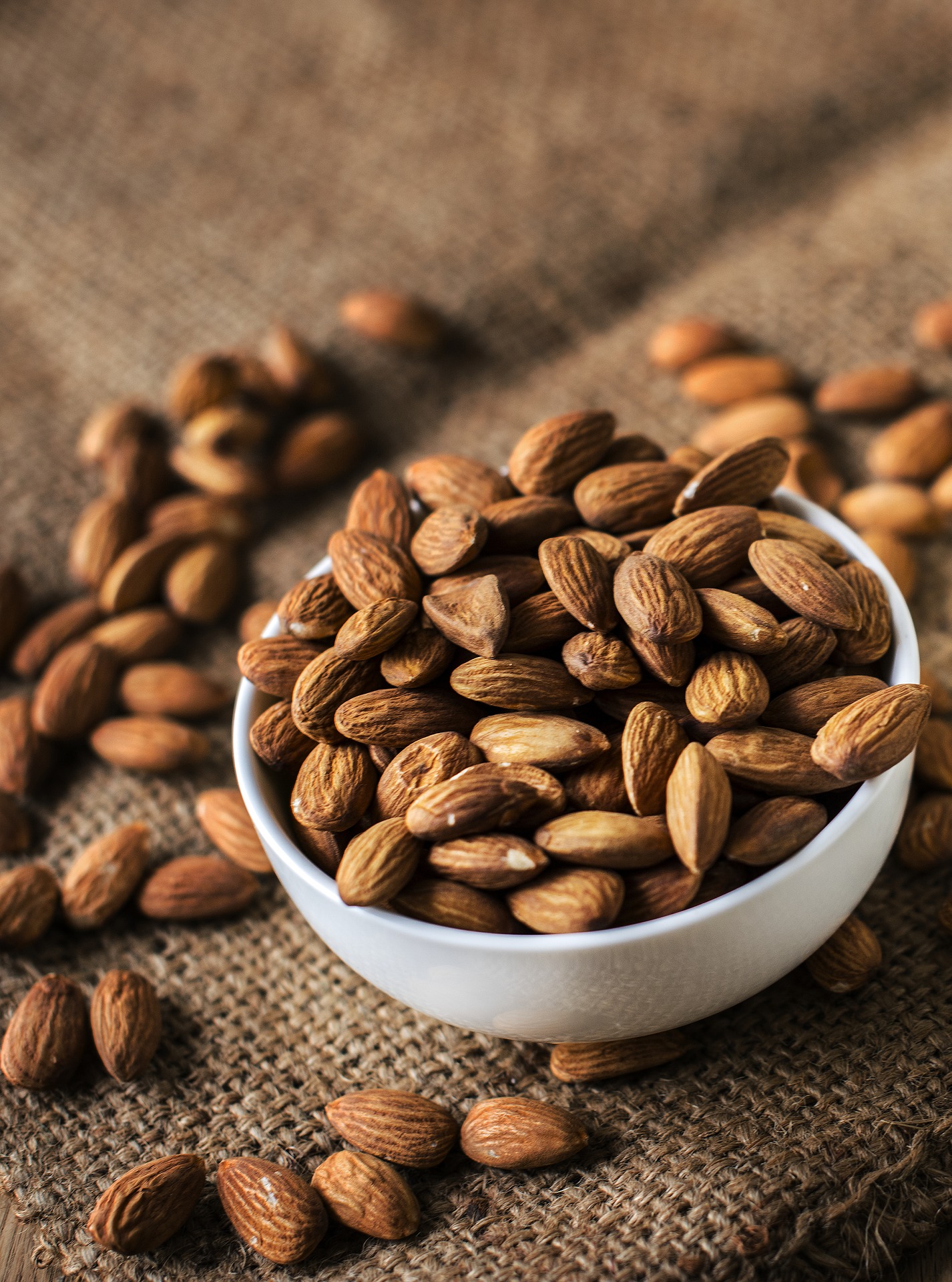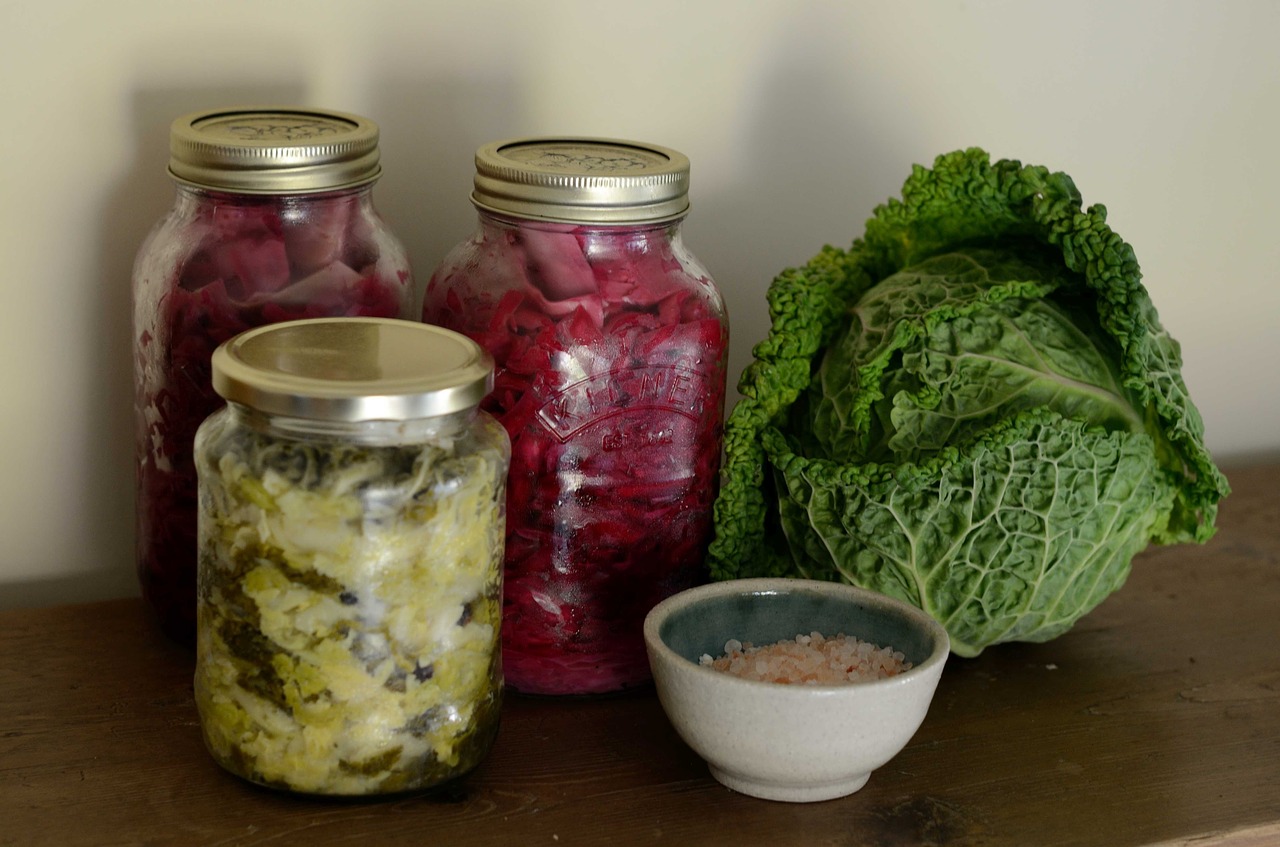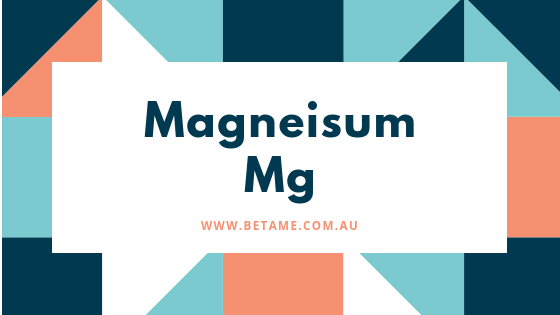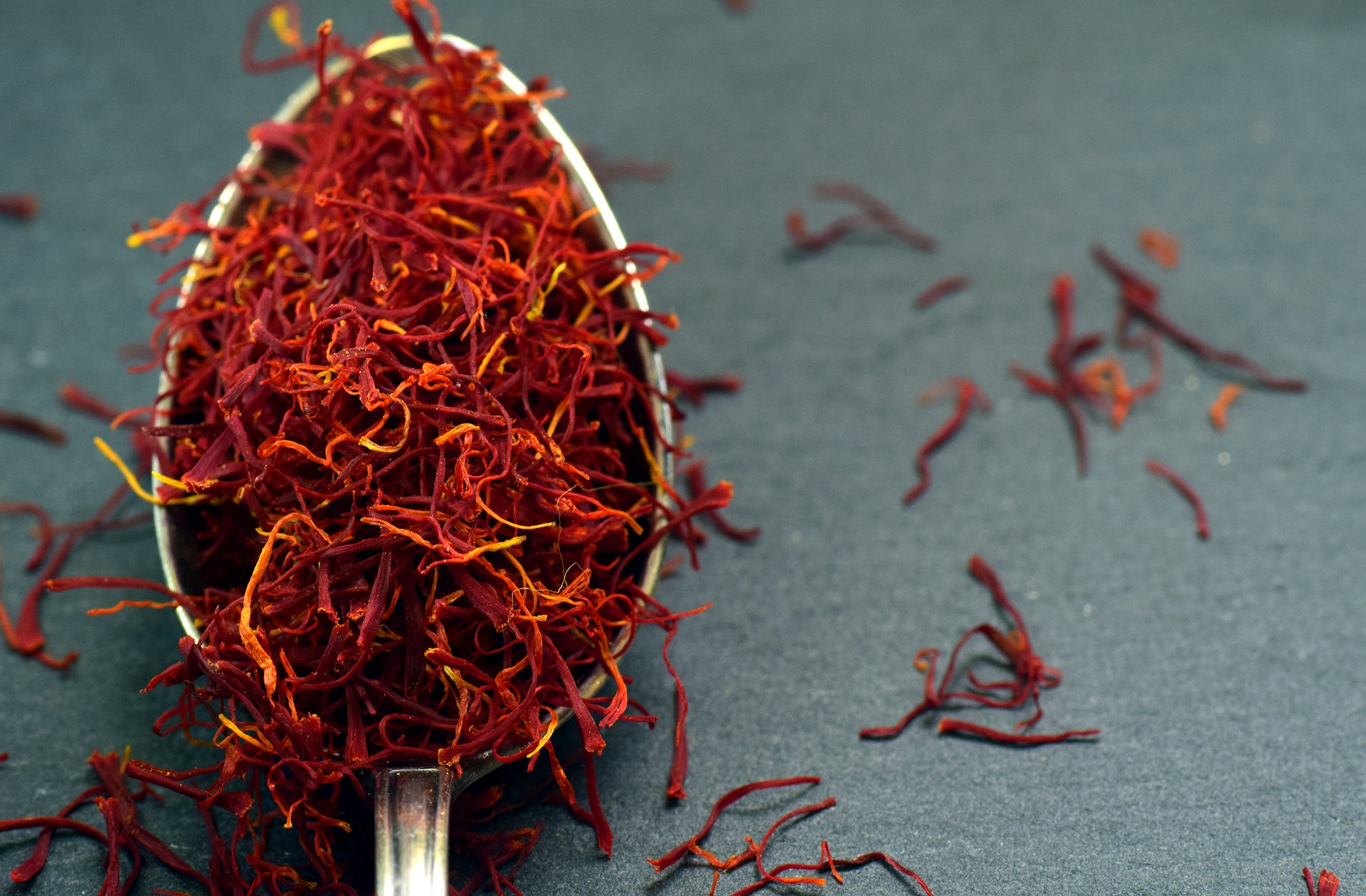We have been taught to be afraid of toxic levels of the metal copper.
Ever considered Copper as an important dietary nutrient?
But were you aware that copper is extremely important to our health in many vital ways?
Deficiencies can present a variety of health complaints that we may not attribute to a lack of copper unless functionally tested.
First, copper assists in the development of several enzymes within our body that assist in:
- the production of energy
- how we metabolise iron
- the elastically of our skin
- how our immune cell functions
- prevention of neurological damage
- it is a component of antioxidant activity.
Our bones, tissues and liver harbour our body’s copper stores and these storage locations are affected greatly when excesses or deficiencies occur.
Suffering from low energy?
My guess is that copper deficiency has never crossed your mind as a potential cause. Our energy system operates via the transport of various nutrients through a cycle called the citric acid cycle and an electron transport chain. Copper facilitates energy production at the electron transport chain as a cofactor to enzymes.
Are your bones prone to breaking or osteoporosis? Or is your skin easily broken or sagging?
Calcium and Vitamin D are one a small piece of the puzzle. Copper is essential to making cross-links in collagen for bones and elasticity of skin to prevent fractures and maintain healthy skin. Your blood vessels are also made up of connective tissue and require copper to maintain their elasticity for blood flow, preventing arterial complications and haemorrhage.
Are you metabolising iron effectively?
Most people’s first thought for low energy recovery is iron. Although iron may be the culprit, copper may also be required. Copper is necessary for iron transportation and linking iron to its transport protein to be sent to cells for healthy blood development. A lack of copper may just be contributing to iron deficiency.
Food sources of copper
Food should always be considered as medicine before vitamin supplements are factored in to your regime. You can ensure you are receiving enough dietary copper by eating a variety of the following foods:
- Organ meats (liver, kidneys etc.)
- Spirulina
- Oysters
- Shiitake mushrooms
- Almonds or Cashews
- Leafy greens (spinach, kale, chard)
- Dark Chocolate (>70%)
- Sesame seeds
- Chickpeas
- Avocado
- Goat cheese
- Tempeh






